“These are messages of peace, love, sharing and well-being”: with the haikus of the children of Alès, poetry sets sail
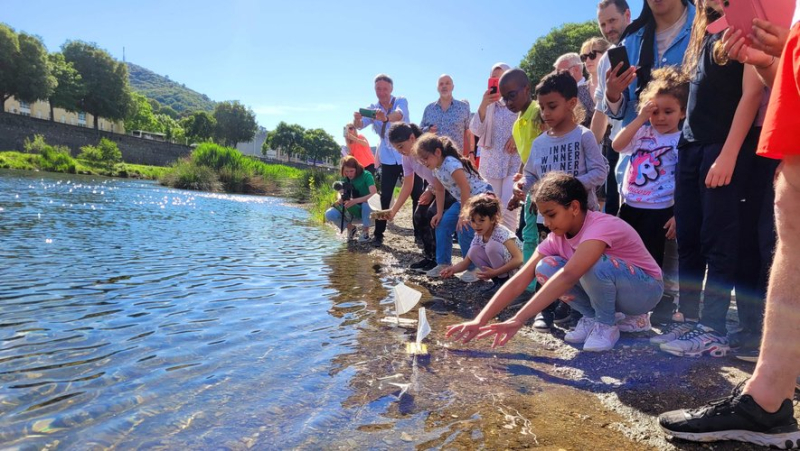
The haikus were released late in the afternoon of Thursday, May 30. FREE MIDI – CHARLES LEDUC
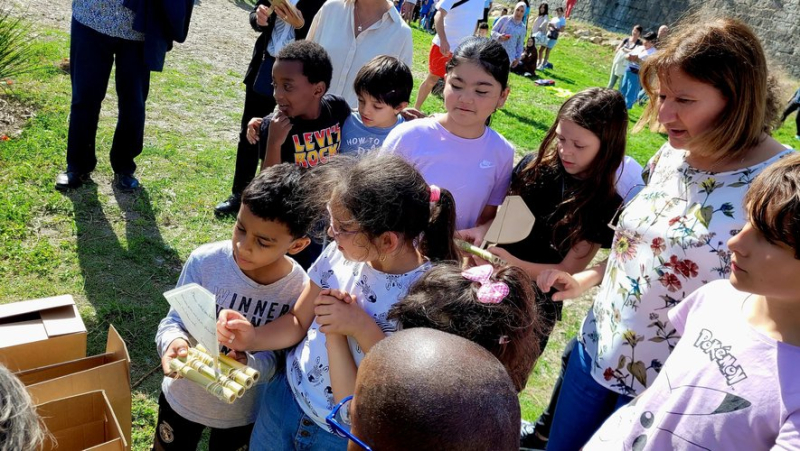
The haikus were released late in the afternoon of Thursday, May 30. FREE MIDI – CHARLES LEDUC
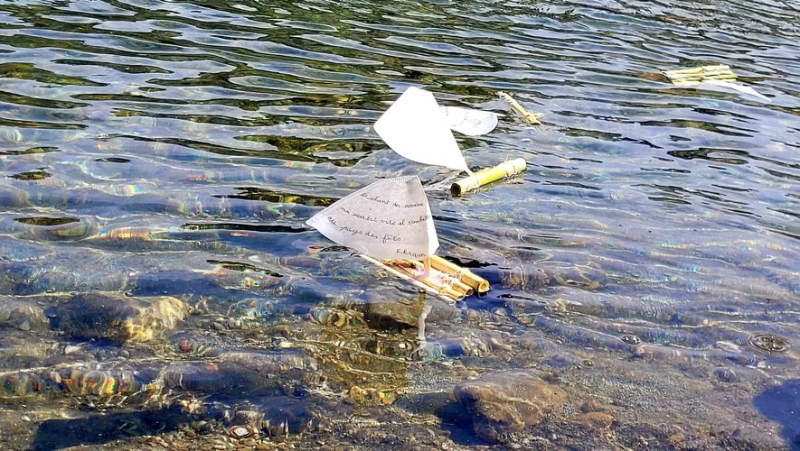
The haikus were released late in the afternoon of Thursday, May 30. FREE MIDI – CHARLES LEDUC
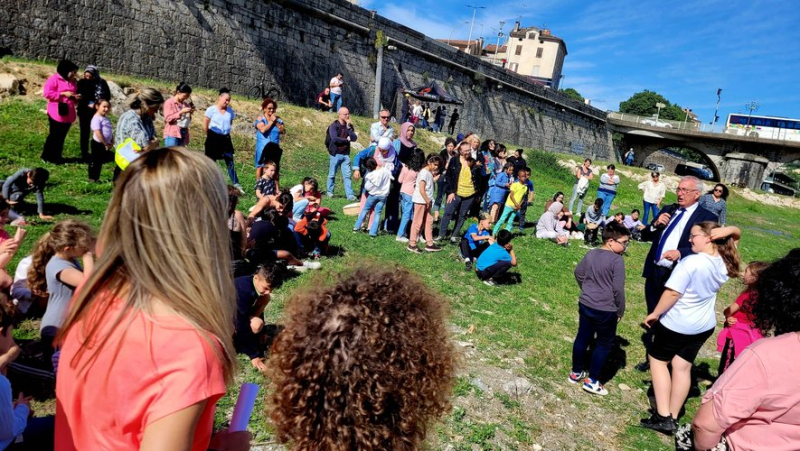
The haikus were released late in the afternoon of Thursday, May 30. FREE MIDI – CHARLES LEDUC
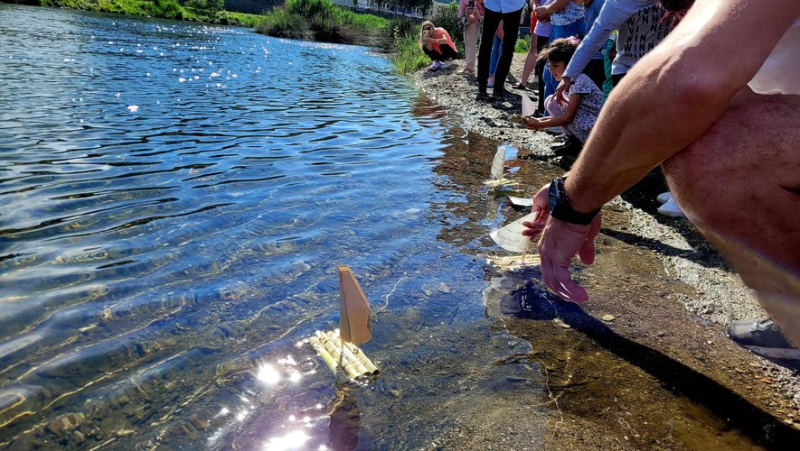
Les haïkus ont été mis à l'eau en fin d'après-midi de ce jeudi 30 mai. MIDI LIBRE – CHARLES LEDUC
Ce jeudi 30 mai, des messages écrits sur de petites embarcations ont été livrés au Gardon, dans le centre-ville de la capitale des Cévennes.
Léa, a schoolgirl from Veigalier, talks about “nature”. Just like her friend Hayden, or Lucas, or even little Charlie who says that we must “preserve nature”. Timothée, for his part, confides that “the idea is abandonment, being abandoned by someone”. The themes are varied and all are found on the sails of small rafts launched at the end of the afternoon of this Thursday, May 30, on the Gardon, in the city center. All the sails are illustrated with haikus, that is to say Japanese poems composed of three lines, the first being formed of five syllables, the second of seven and the third again of five.
“A poetic writing and a form of constraint”
This release of haikus, near the Pont-Vieux, is a first in Alès. "The idea came when designing the programming of’"Alès, capital of culture"", explains Magali Nicolas, youth coordinator at the education, culture, youth center at the Agglomeration. "To highlight the know-how of the facilitators of the "language” and children's poetry." She then specifies that the schoolchildren from said workshops wrote the haikus, combining "poetic writing and a form of constraint", while the children from the after-school workshops built the boats. In short, each boat is the fruit of the work of two children. One of them, moreover, even indicates having made his raft also using a sheet on which it is specified what a haiku is.
"Culture is really good"
Surrounded by a few local elected officials, Christophe Rivenq, first deputy to Mayor Max Roustan and president of Alès Agglomération, first greets Magali Nicolas, " ;the linchpin of this great moment" planned as part of the Territorial Educational Plan (PEDT). Before inviting the Alesian children to express themselves, he then notes that what they wrote "are messages of peace, messages of ;love, messages of sharing and well-being". These poems delivered on sails, so that they can be conveyed to as many people as possible, are intended to lead schoolchildren to reflection. And, estimates the president of the Agglo, "it’is a cultural activity". "Culture is really good", he insists. " It allows you to grow. And grow up well…"
Taking turns, the schoolchildren pushed their haikus, sometimes helped by animators so that they did not immediately fail against the vegetation of the bank. Then, everyone gathered around a snack.




